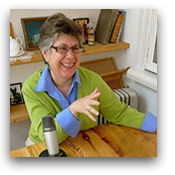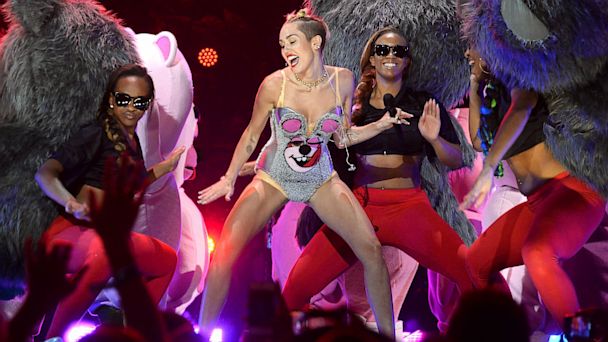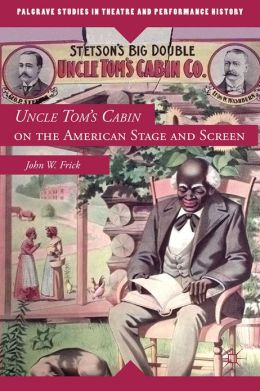
Stowe's novel,
Uncle Tom's Cabin, has been banned since it was first published in 1852, but for different reasons over the years: too political; too offensive; too vulgar. Stowe herself sought to address those who challenged the work in
A Key to Uncle Tom's Cabin (1853) but the controversy continues today, the book even coming in on BuzzFeed's list of "
15 Books Banned For The Most Absurd Reasons Ever." So, who decides what we can read and why? What is offensive to one person may not be to another, but once a book is banned, the opportunity for individuals to decide for themselves vanishes.
This week is
Banned Books Week, a national celebration of the freedom to read. Launched in 1982, the week "[focuses] on efforts across the country to remove or restrict access to books...[and] draws national attention to the harms of censorship." (
American Library Association) Events and programs across the country will honor contemporary and classic banned books, including CT Humanities and the Center for the Book's
BANNED! event on Wednesday, September 25th at the Mark Twain House and Museum. Listen to writers interpret the theme of being banned through songs, diaries, plays, creative writings, and more. To register for the event, visit their
Facebook event.
In recognition of Banned Books Week, and thanks to inspiration from our colleagues at the Center for the Book, Stowe Staff took to the pavement to chalk about the banned classic
Uncle Tom's Cabin. See photos below of our chalking party last week and the great depictions and interpretations of Stowe and her novel!
We hope you will also read about our September 2010 Salon
Banned Books: Who Decides? for information about Stowe and Twain as banned authors resources about taking action on banned books.
Do you read banned books? Share your favorite banned book in the comments section below!










.jpg)


.JPG)


















